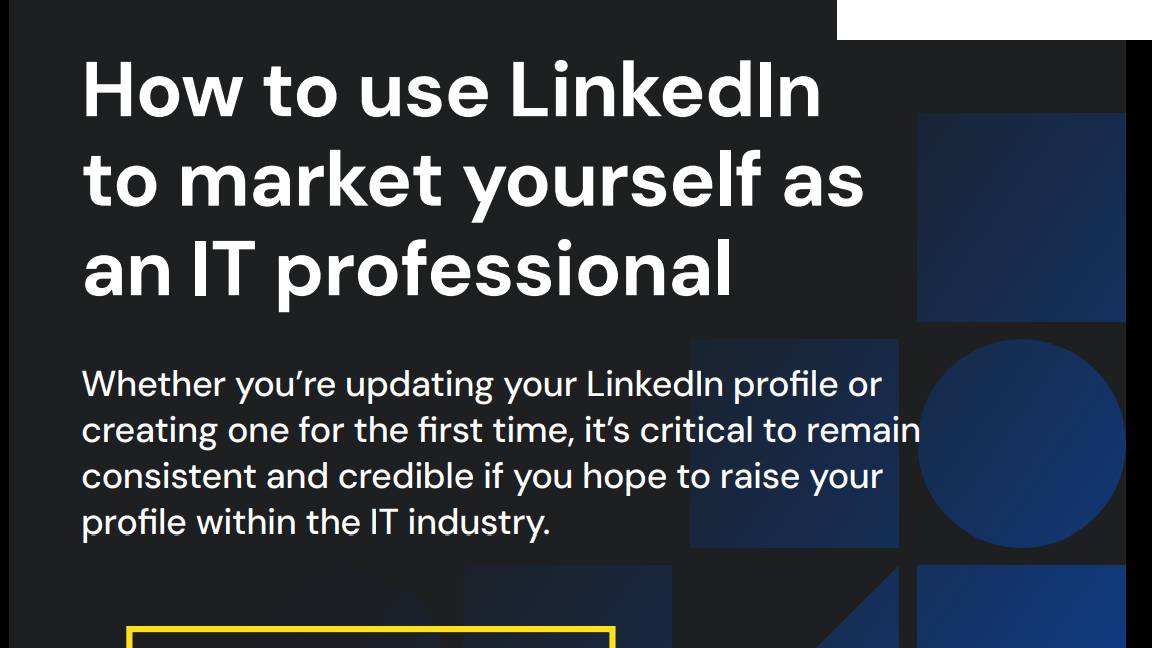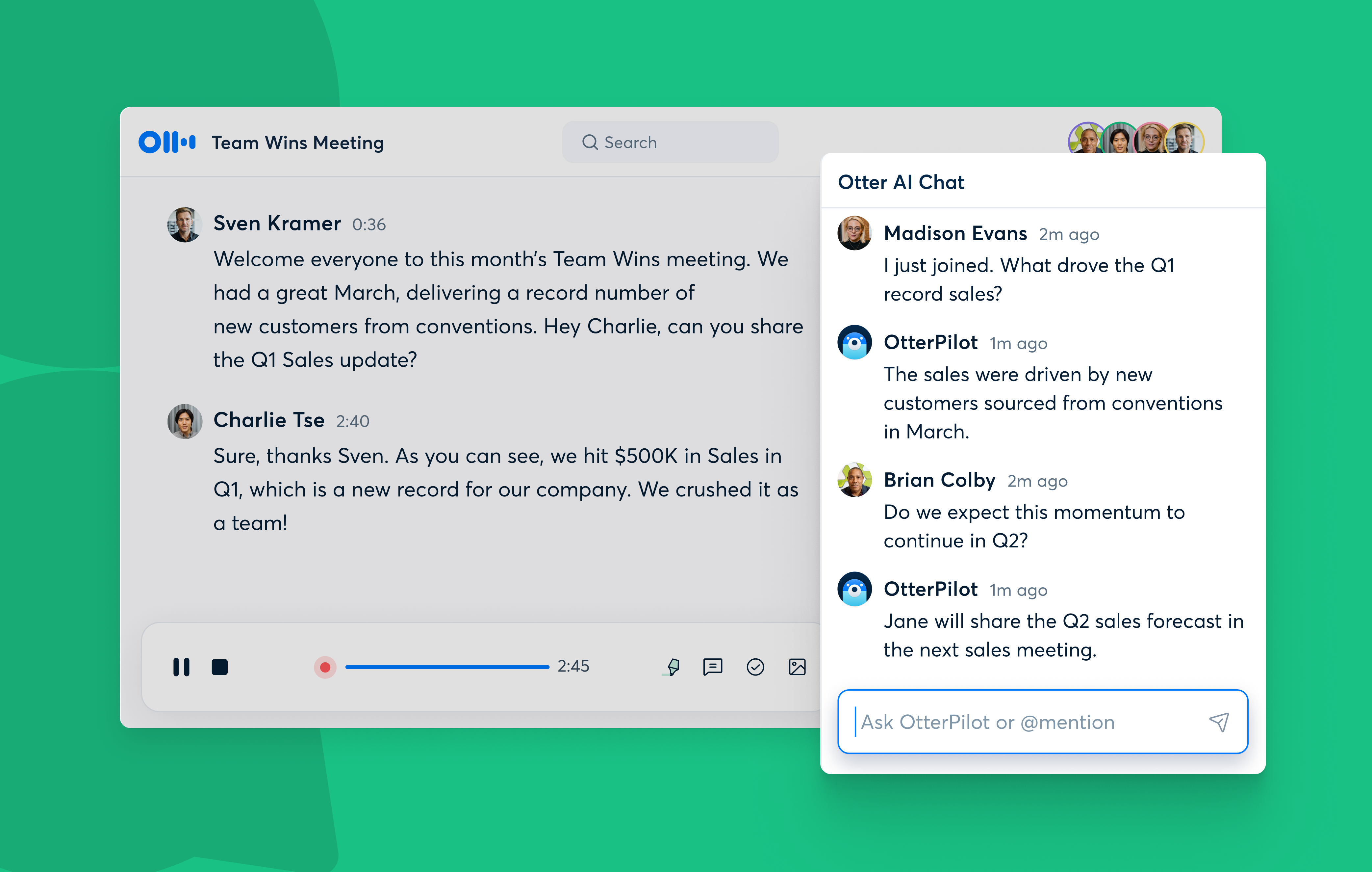Facebook to share data with Instagram?
Social networking giant moves to abolish users' voting rights in latest privacy shake-up

Facebook is planning to combine user data with that of recently acquired photo-sharing service Instagram, and loosen restrictions on emails between members of the social network.
Facebook also revealed plans to scrap a four-year old process that lets the social network's users vote on changes to its policies and terms of services.
Facebook said it may share information between its own service and other businesses or affiliates that Facebook owns to "help provide, understand, and improve our services and their own services."
One of Facebook's most significant affiliate businesses is Instagram, a photo-sharing service for smartphone users that Facebook acquired in October for roughly $715 million.
We found the voting mechanism resulted in a system that favours quantity of comments over quality.
The change could open the door for Facebook to build unified profiles of its users that include people's personal data from its social network and from Instagram, similar to recent moves by Google.
In January, Google said it would combine users' personal information from its various web services - such as search, email and the Google+ social network - to provide a more customised experience.
Get the ITPro daily newsletter
Sign up today and you will receive a free copy of our Future Focus 2025 report - the leading guidance on AI, cybersecurity and other IT challenges as per 700+ senior executives
Google's unified data policy raised concerns among some data protection regulators, who said it was an invasion of people's privacy.
Facebook also wants to loosen restrictions on how members of the social network can contact other members using the Facebook email system.
Facebook said it wanted to eliminate a setting for users to control who can contact them. The company said it planned to replace the "Who can send you Facebook messages" setting with new filters for managing incoming messages.
Asked whether such a change could leave Facebook users exposed to a flood of unwanted, spam-like messages, Facebook spokesman Andrew Noyes said the company carefully monitors user interaction and feedback to find ways to enhance the experience.
"We are working on updates to Facebook Messages and have made this change in our Data Use Policy in order to allow for improvements to the product," Noyes said.
The changes are open to public comment for the next seven days. If the proposed changes generate more than 7,000 public comments, Facebook's current terms of service automatically trigger a vote by users to approve the changes.
But the vote is only binding if at least 30 percent of users take part, and two prior votes never reached that threshold.
Facebook has said in that past that it was rethinking the voting system and has since moved to eliminate the vote entirely, noting it is no longer suited to its current situation as a large publicly traded company.
"We found that the voting mechanism, which is triggered by a specific number of comments, actually resulted in a system that incentivised the quantity of comments over their quality," Elliot Schrage, Facebook's vice president of communications, public policy and marketing, said in a blog post.
Instead of the vote, Facebook will look for other forms of user feedback on changes, such as an "Ask the Chief Privacy Officer" question-and-answer forum on its website as well as live webcasts about privacy, safety and security.
Facebook, Google and other online companies have faced increasing scrutiny and enforcement from privacy regulators as consumers entrust ever-increasing amounts of information about their personal lives to Web services.
ITPro is a global business technology website providing the latest news, analysis, and business insight for IT decision-makers. Whether it's cyber security, cloud computing, IT infrastructure, or business strategy, we aim to equip leaders with the data they need to make informed IT investments.
For regular updates delivered to your inbox and social feeds, be sure to sign up to our daily newsletter and follow on us LinkedIn and Twitter.
-
 Bigger salaries, more burnout: Is the CISO role in crisis?
Bigger salaries, more burnout: Is the CISO role in crisis?In-depth CISOs are more stressed than ever before – but why is this and what can be done?
By Kate O'Flaherty Published
-
 Cheap cyber crime kits can be bought on the dark web for less than $25
Cheap cyber crime kits can be bought on the dark web for less than $25News Research from NordVPN shows phishing kits are now widely available on the dark web and via messaging apps like Telegram, and are often selling for less than $25.
By Emma Woollacott Published
-
 How to use LinkedIn to market yourself as an IT professional
How to use LinkedIn to market yourself as an IT professionalwhitepaper Whether you’re updating your LinkedIn profile or creating one for the first time, it’s critical to remain consistent and credible if you hope to raise your profile within the IT industry
By ITPro Published
-
 Big Tech AI alliance has ‘almost zero’ chance of achieving goals, expert says
Big Tech AI alliance has ‘almost zero’ chance of achieving goals, expert saysNews Companies like Microsoft, Google, and OpenAI all have competing objectives and approaches to openness, making true private-sector collaboration a serious challenge
By Rory Bathgate Published
-
 Otter.ai brings collaborative AI to meetings with Otter AI Chat
Otter.ai brings collaborative AI to meetings with Otter AI ChatNews The speech-to-text giant has set its sights on contextual AI
By Rory Bathgate Published
-
 Slack says automation can save every employee a month of work per year
Slack says automation can save every employee a month of work per yearNews Research from Slack found that workers believe generative AI tools will revolutionize productivity
By Ross Kelly Published
-
 Generative AI has left the metaverse in the dust
Generative AI has left the metaverse in the dustOpinion Generative AI demonstrating tonnes of business use cases only serves to highlight the hopelessness of the metaverse
By Rory Bathgate Published
-
 Meta to pay $725 million in Cambridge Analytica lawsuit settlement
Meta to pay $725 million in Cambridge Analytica lawsuit settlementNews The settlement closes the long-running lawsuit into how Facebook's owner, Meta, handled the Cambridge Analytica scandal
By Ross Kelly Published
-
 Businesses to receive unique Twitter verification badge in platform overhaul
Businesses to receive unique Twitter verification badge in platform overhaulNews There will be new verification systems for businesses, governments, and individuals - each receiving differently coloured checkmarks
By Connor Jones Published
-
 Twitter could charge $20 a month for 'blue tick' verification, following Musk takeover
Twitter could charge $20 a month for 'blue tick' verification, following Musk takeoverNews Developers have allegedly been given just seven days to implement the changes or face being fired
By Rory Bathgate Published
